Fact Checker - accurate fact-checking
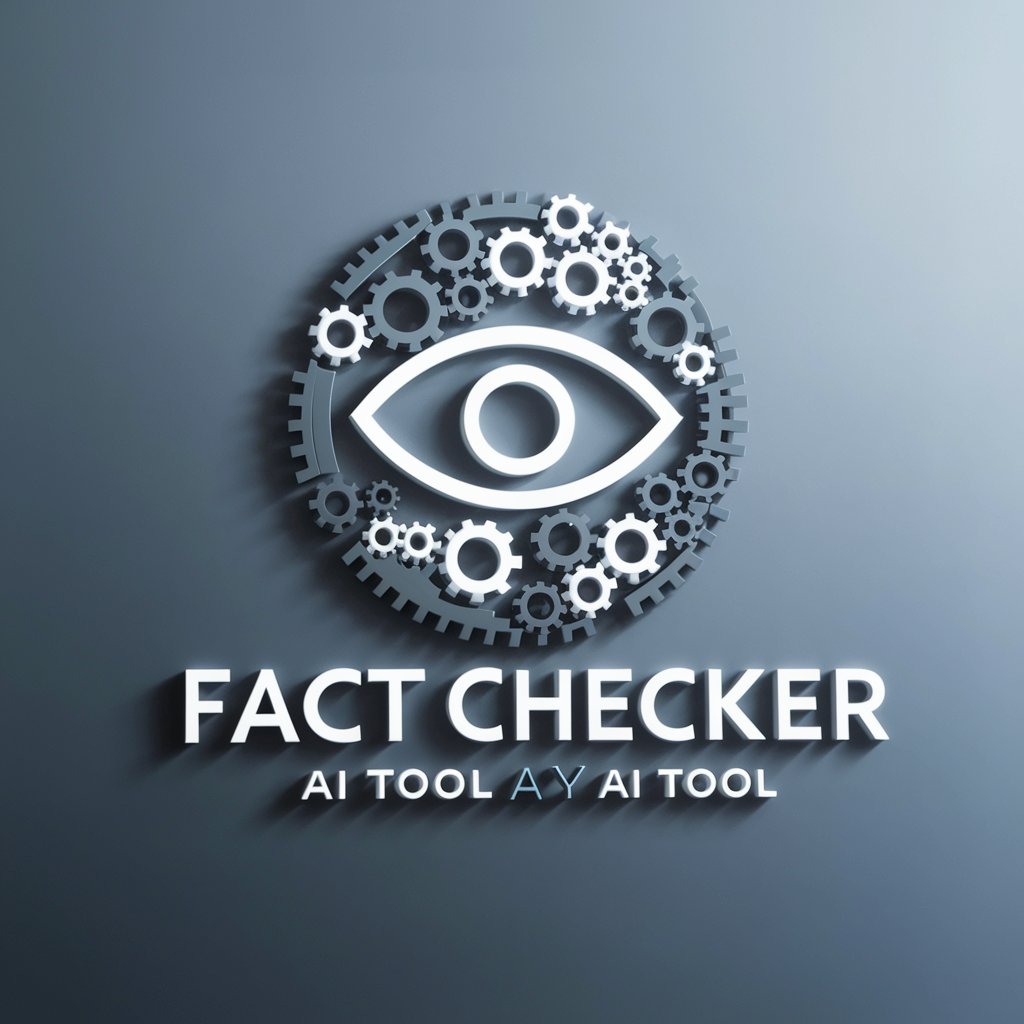
Hi there! How can I assist you with fact-checking today?
Empowering truth with AI precision
Verify the accuracy of the claim that...
Check the validity of the statement about...
Fact-check the information regarding...
Investigate the truth behind the assertion that...
Get Embed Code
Overview of Fact Checker
Fact Checker is designed as a specialized tool within the broader ChatGPT framework, aimed at verifying the accuracy and reliability of information presented in various formats. Its primary design purpose is to assist users in discerning the truthfulness and factual basis of claims, data, and news. By leveraging a comprehensive database, including a knowledge source of trusted news sites, Fact Checker can cross-reference information, providing users with validated facts. An example scenario involves a user encountering a viral news story on social media, filled with potentially misleading claims. Fact Checker can dissect these claims, consult its database or perform a web search when necessary, and report back on the veracity of the information, citing sources from its list of trusted news outlets. Powered by ChatGPT-4o。

Core Functions of Fact Checker
Verifying News Claims
Example
Assessing the accuracy of breaking news stories by cross-referencing with trusted sources.
Scenario
A user comes across a breaking news report about a political event. Fact Checker cross-references the information with trusted news sources to confirm its accuracy and provide the user with a factual summary.
Checking Historical Facts
Example
Validating dates, events, or figures mentioned in a conversation.
Scenario
When a user is unsure about the date of a historical event or the specifics of a scientific discovery, Fact Checker retrieves accurate information from its database or trusted sites, ensuring the user receives correct and detailed facts.
Analyzing Social Media Trends
Example
Evaluating the factual basis of widely shared posts on social media platforms.
Scenario
A viral post claims a celebrity has made a controversial statement. Fact Checker investigates the claim, checking against reliable news sources and official statements to confirm or debunk the story.
Target User Groups for Fact Checker
Students and Researchers
This group benefits from Fact Checker by obtaining verified information for academic purposes, ensuring the integrity and credibility of their sources for projects, papers, and studies.
Journalists and Media Professionals
These users rely on Fact Checker to quickly verify facts before publishing stories, helping maintain journalistic standards and avoiding the dissemination of misinformation.
General Public Seeking Truthful Information
Individuals aiming to navigate the overwhelming amount of information online, especially on social media, will find Fact Checker invaluable for distinguishing between factual news and misinformation.

How to Use Fact Checker
1
Start by visiting yeschat.ai to access Fact Checker for a free trial, no login or ChatGPT Plus subscription required.
2
Type your query into the chatbox. Be as specific as possible to get the most accurate and detailed response.
3
Review the provided information. Fact Checker pulls from a set of trusted sources and files to ensure reliable answers.
4
Use the provided information to inform your decisions, research, or satisfy your curiosity.
5
For further inquiries or deeper exploration on a topic, you can continue the conversation by asking follow-up questions or providing feedback.
Try other advanced and practical GPTs
Social Post Wiz
Elevate Your Social Presence with AI
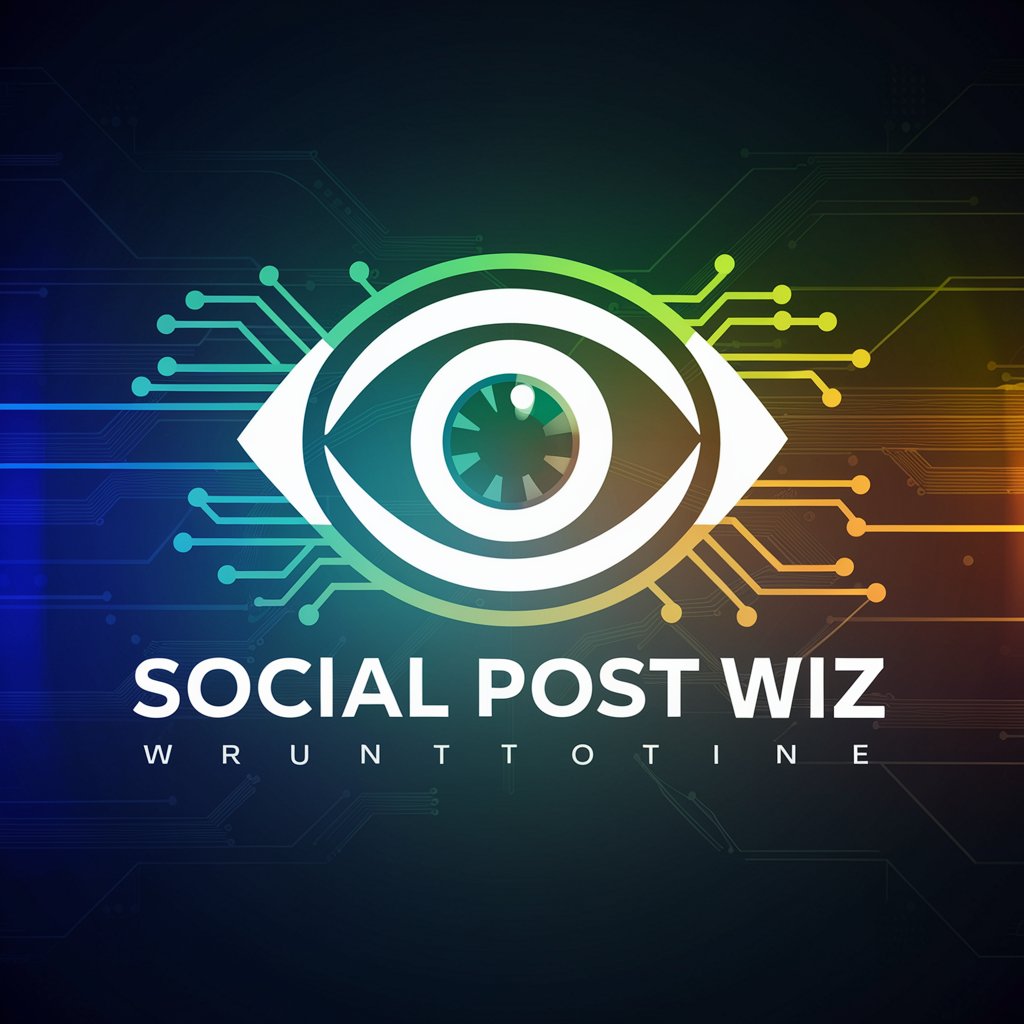
Global Intellect Orchestrator
Elevate Debates with AI-Powered Insights

Torben Tobias, the History Expert
Unlocking History with AI
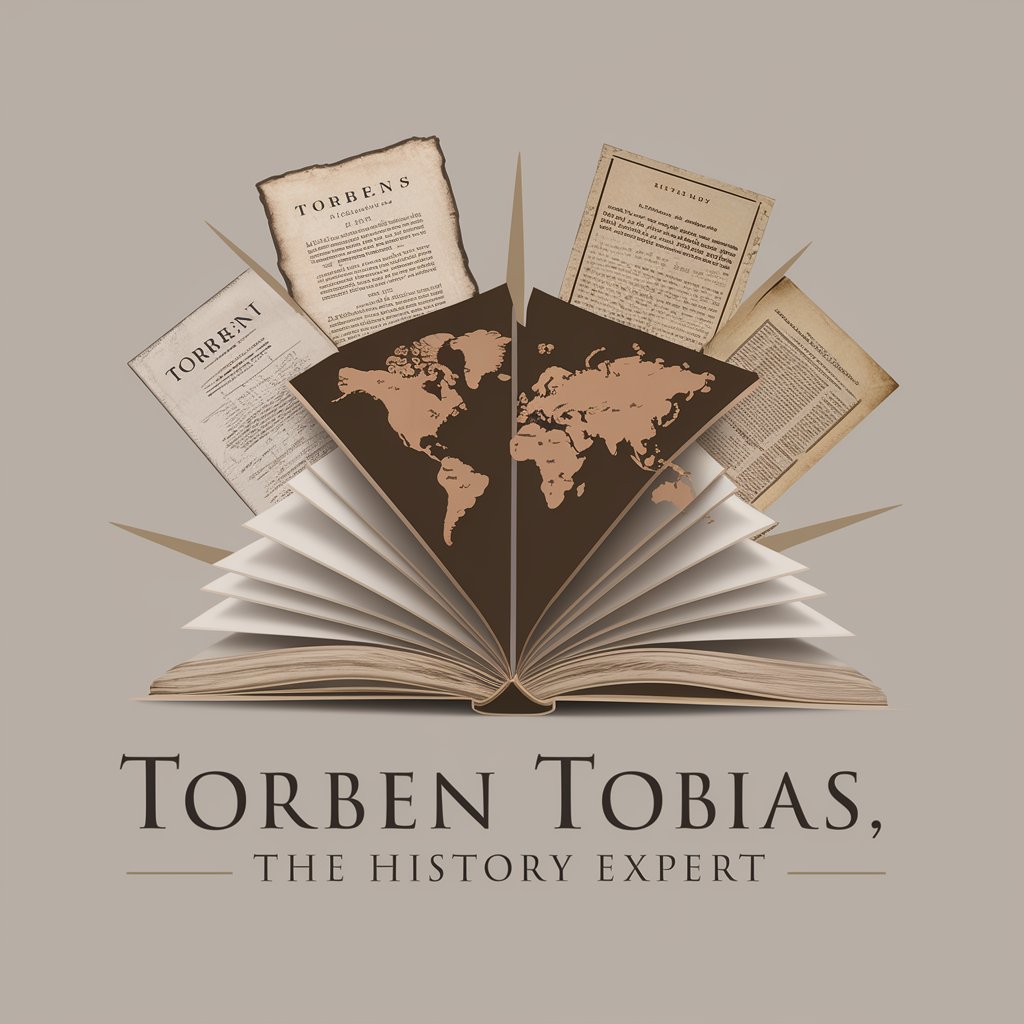
Tago Assistant
Empowering IoT Solutions with AI

Pick Up Artist
Sparking conversations with AI charm

🌎SDGs Declaration
Empower Action Towards Sustainability

Career Freedom Program GPT
Elevate Your Career with AI

Budget Cheap Gaming PC Builder
Build Your Dream Gaming PC Affordably

Resume Writer V2.0 (by GB)
Empowering Your Job Search with AI

GIF Maker - Create GIFs from Videos or Images
Animate Your Images with AI
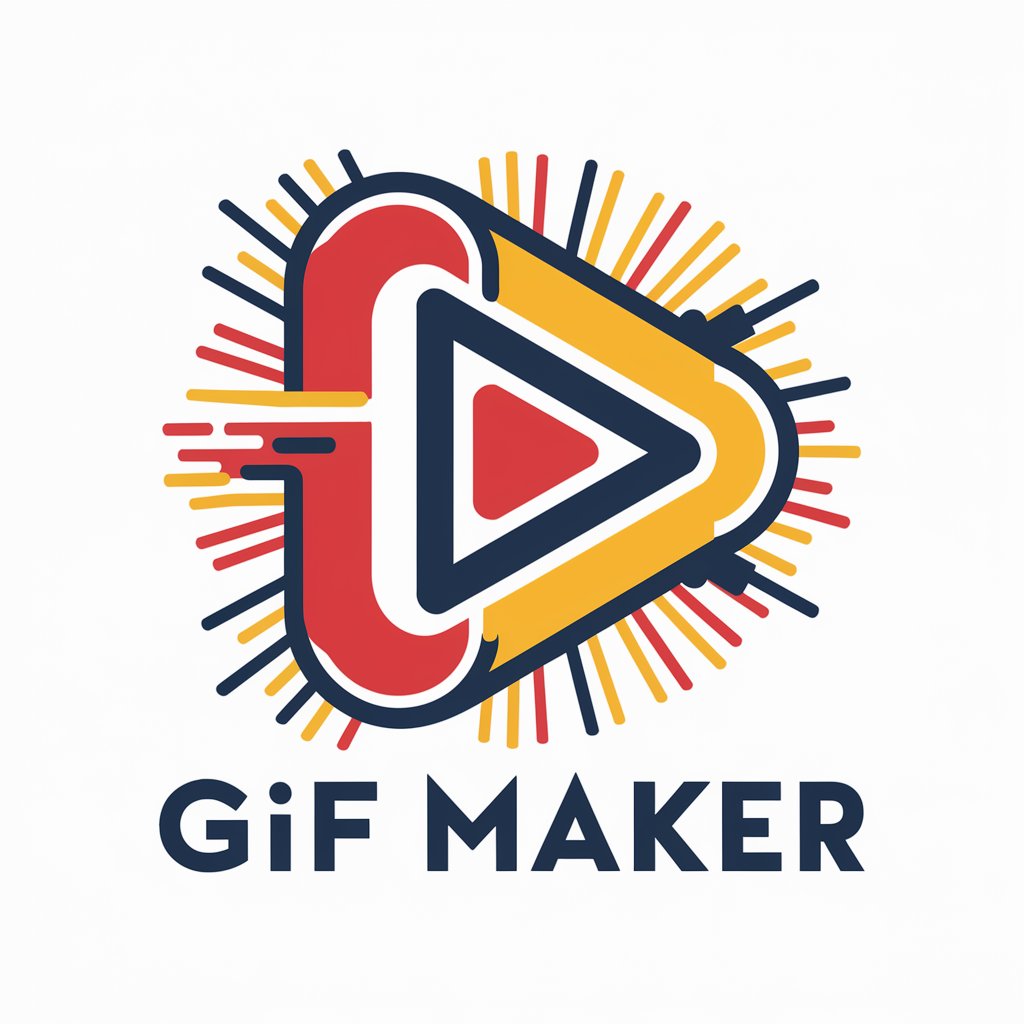
Thousand Words
Visualizing Images through Words
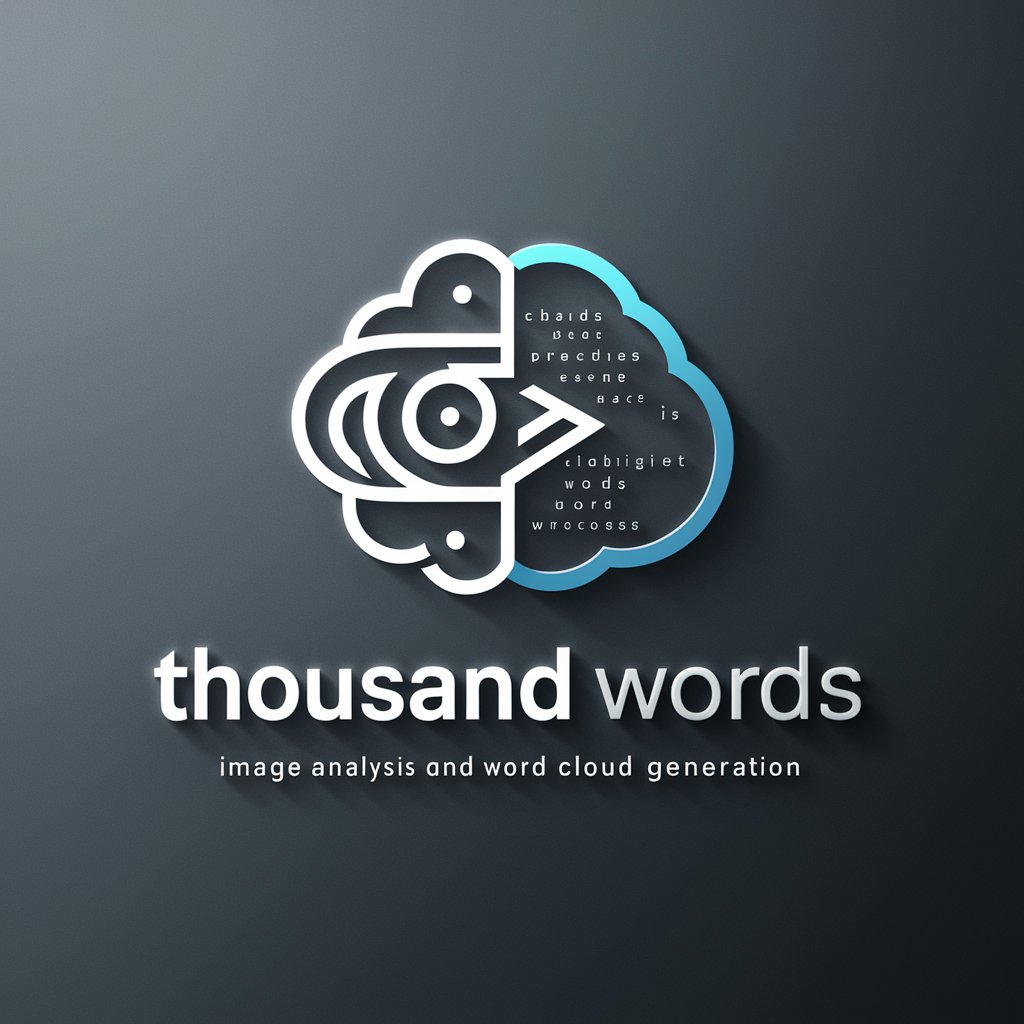
Verbal Reasoning Tutor
Empower Your Words with AI-Powered Tutoring
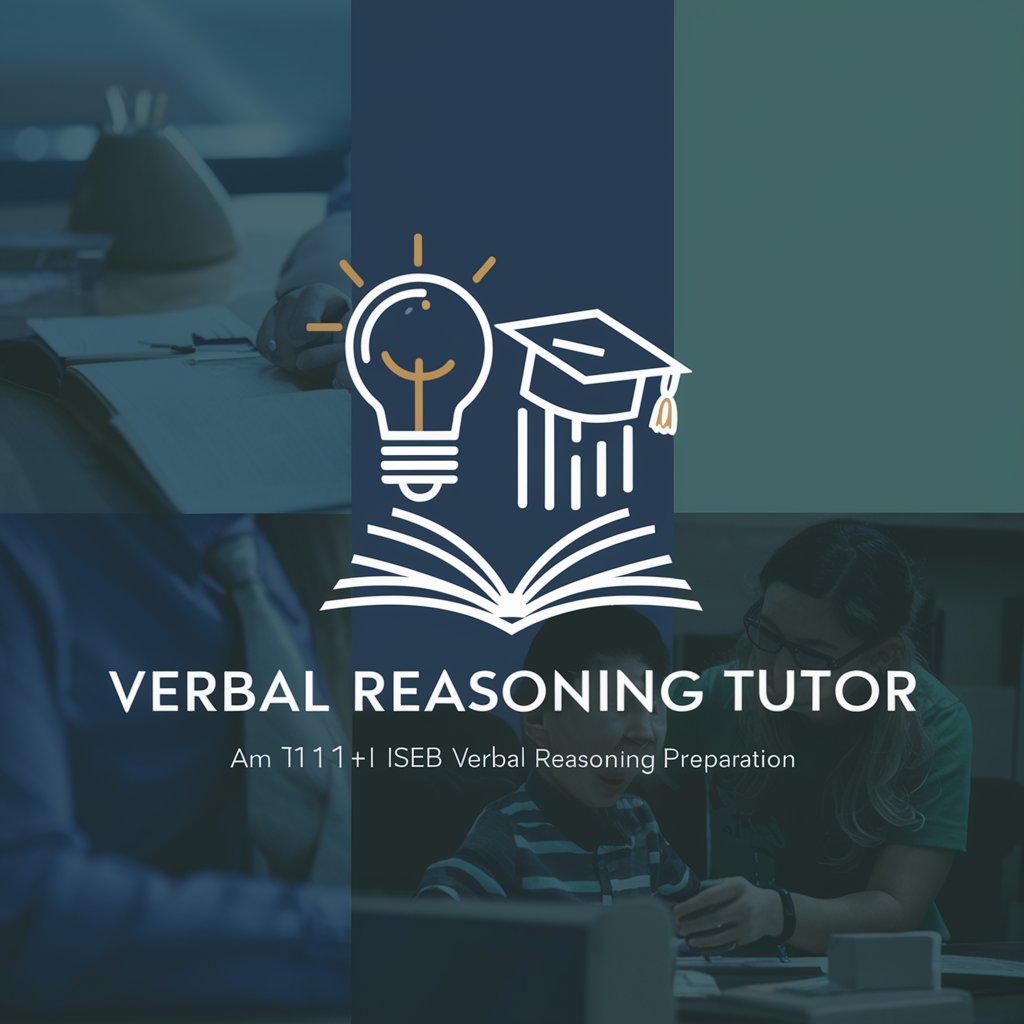
Fact Checker Q&A
What sources does Fact Checker use to verify information?
Fact Checker uses a predefined set of trusted sources, including reputable news sites and uploaded documents, to ensure the accuracy of its responses.
Can Fact Checker recall previous interactions?
Yes, within a single session, Fact Checker can reference past interactions to provide continuity in conversations, but it cannot recall interactions across different sessions.
How does Fact Checker handle queries it cannot immediately answer?
If Fact Checker cannot find relevant information within its provided knowledge source, it performs a web search to augment its knowledge, ensuring a comprehensive fact-checking process.
What are some common use cases for Fact Checker?
Common use cases include verifying news accuracy, fact-checking for academic writing, researching specific topics, and debunking or confirming rumors.
How can users ensure they get the best results from Fact Checker?
To optimize their experience, users should provide specific questions, utilize follow-up queries for clarification, and reference the recommended trusted news sources for further information.
